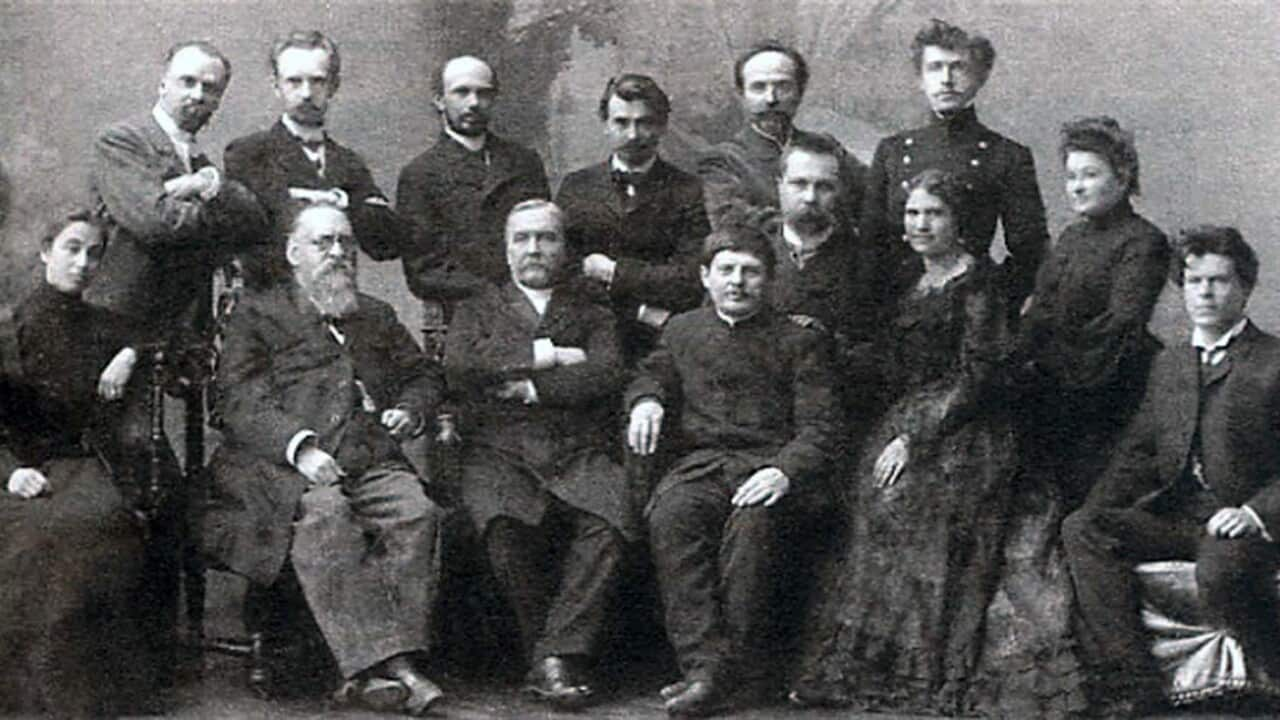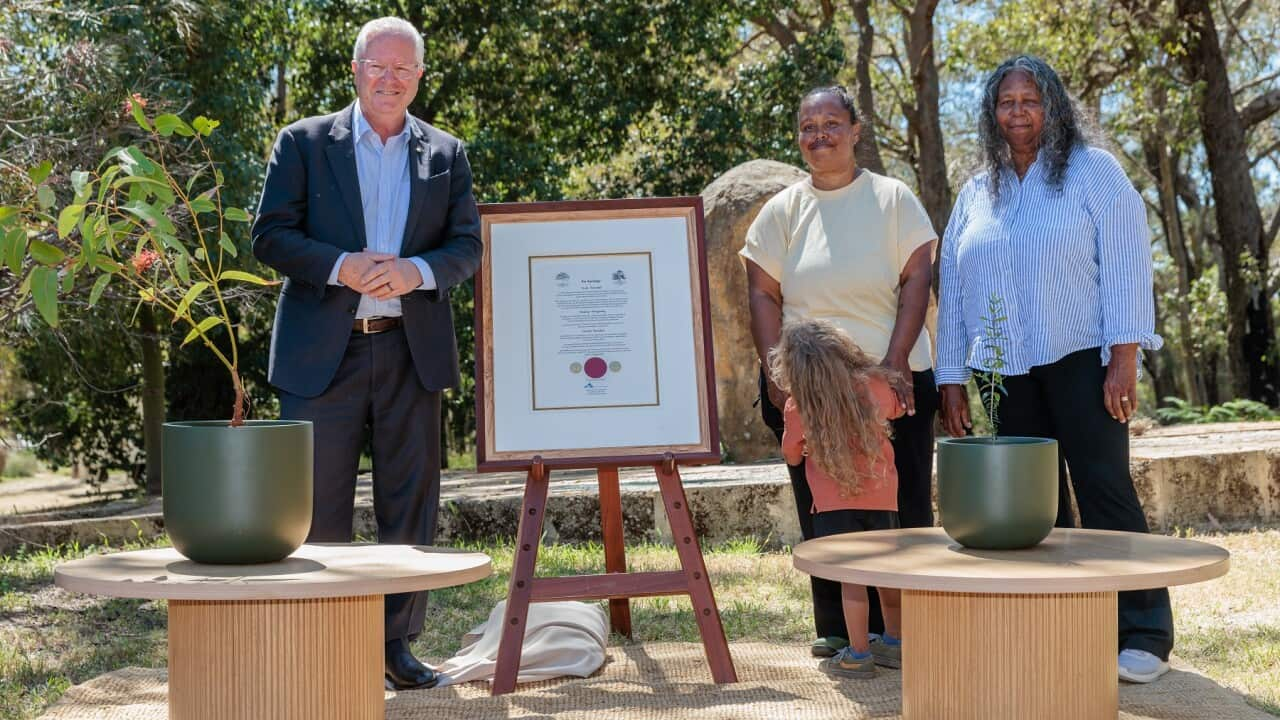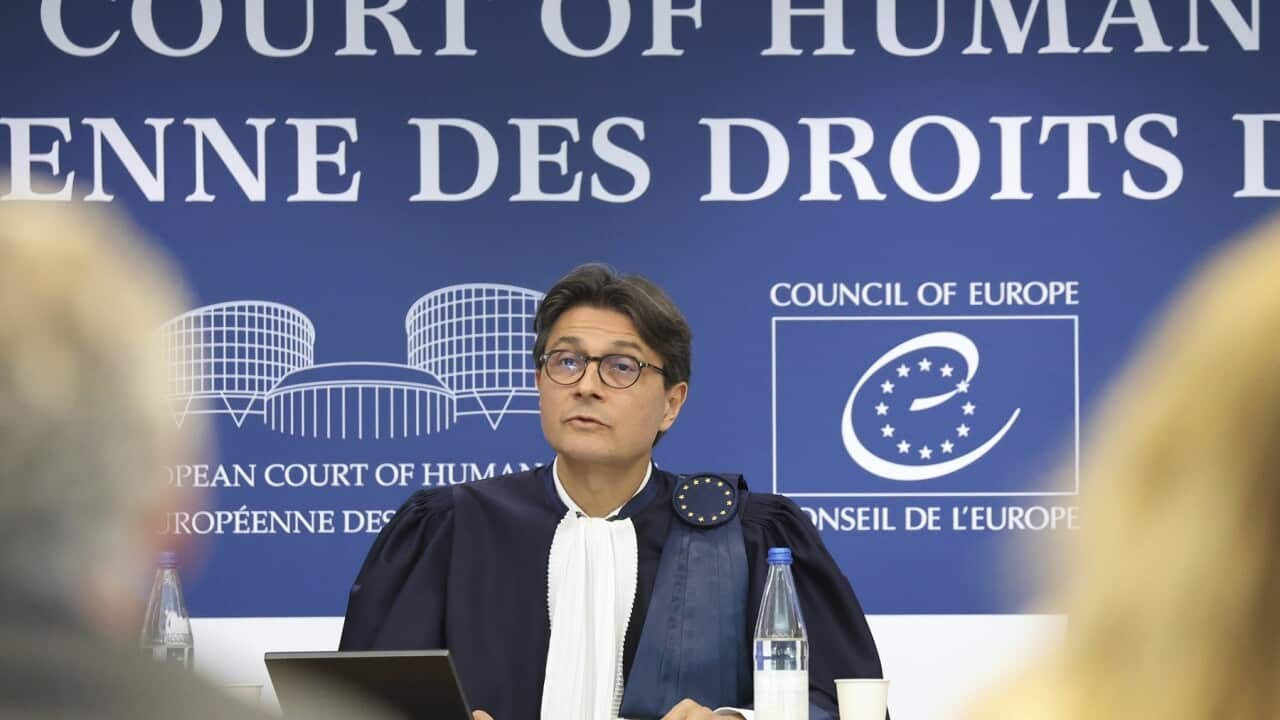"LIFE IS SHORT, ART IS FOREVER..."

Source: Canadian Institute of Ukrainian Studies.
Mykola Lysenko (1842- 1912) is the father of modern Ukrainian classical music. His prolific life’s work laid the foundation for the further development and expansion of Ukrainian musical culture. He influenced a large group of Ukrainian composers, including Stetsenko, Stepovyi, Leontovych, Koshyts, and Liudkevych. A compilation of Lysenko’s works in 22 volumes was published in Kyiv in 1950–59. Lysenko was a composer, ethnomusicologist, pianist, and conductor. He studied at the Kharkiv and Kyiv universities and, later, at the Leipzig Conservatory under Reinicke and Richter (1867–69). From 1874 to 1876 he studied orchestration under Rimsky-Korsakov in St. Petersburg. In 1904, he founded his own School of Music and Drama in Kyiv. The list of Lysenko’s operatic compositions include Black Sea Cossacks (1872); three operas based on the works of the Ukrainian writer Mykola Hohol – Christmas Night (1873–82), The Drowned Maiden (1883) and Taras Bulba (1890); and the operettas Natalka from Poltava (1889) and Aeneas (1911). Himself a well-known pianist, Lysenko composed a piano sonata, two rhapsodies, a suite, a scherzo and a rondo, as well as an abundance of smaller pieces, including songs without words, nocturnes, waltzes and polonaises. He also wrote a number of works for strings. Of the Ukrainian composers, Lysenko was the most committed to the art song genre. Lysenko’s 133 art songs (lirychni pisni in Ukrainian) relate a wonderfully descriptive and passionate story of 19th- and early 20th-century European life.
Share



